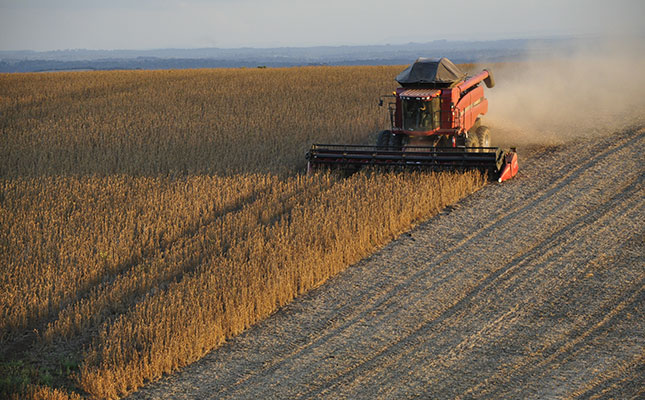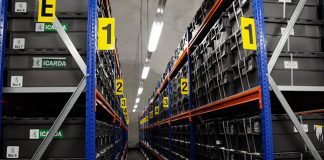
Photo: Pixabay
Brazil has increased its agricultural export presence in eight countries around the world in recent weeks, amid large-scale lockdowns of populations aimed at containing the coronavirus disease (COVID-19) pandemic.
This increase has been driven by greater global demand and the relaxation of trade barriers as a result of the pandemic.
This was according to Tereza Cristina, spokesperson for the Brazilian Ministry of Agriculture, Livestock and Supply, who told local media that the demand for Brazilian products had increased as countries were seeking to increase stockpiles of agricultural products amid concerns about possible post-pandemic shortages.
The ministry reported that Egypt had approved an additional 42 Brazilian businesses for meat supply, 27 of which were chicken processing facilities and 15 beef processing facilities.
Agreements had also been signed with authorities in Indonesia for additional imports of
20 000t of beef, while Kuwait had also opened up its market for Brazilian beef imports.
In addition, Brazil had reached agreements to export genetic material of birds (such as fertile eggs) to Morocco and the United Arab Emirates.
Trade with Malaysia and Singapore had also resumed, with increased imports of chicken and beef to commence soon.
In April, soya bean exports from Brazil increased 28% month-on-month. According to a statement by the Brazilian foreign trade department, the country had exported 9,16 million tons of soya bean in the first three weeks of April.
Brazilian soya bean shipments had risen 14% year-on-year to 18 million tons in the first quarter of 2020, with an estimated 74% of volumes going to China, the trade department said.
The country’s price competitiveness for soya bean compared with the US had been boosted by a sharp decline in the Brazilian currency, which had lost almost a third of its value since January.
Experts predicted that the good soya bean harvest and increased demand from China could further increase soya bean exports in coming weeks.













